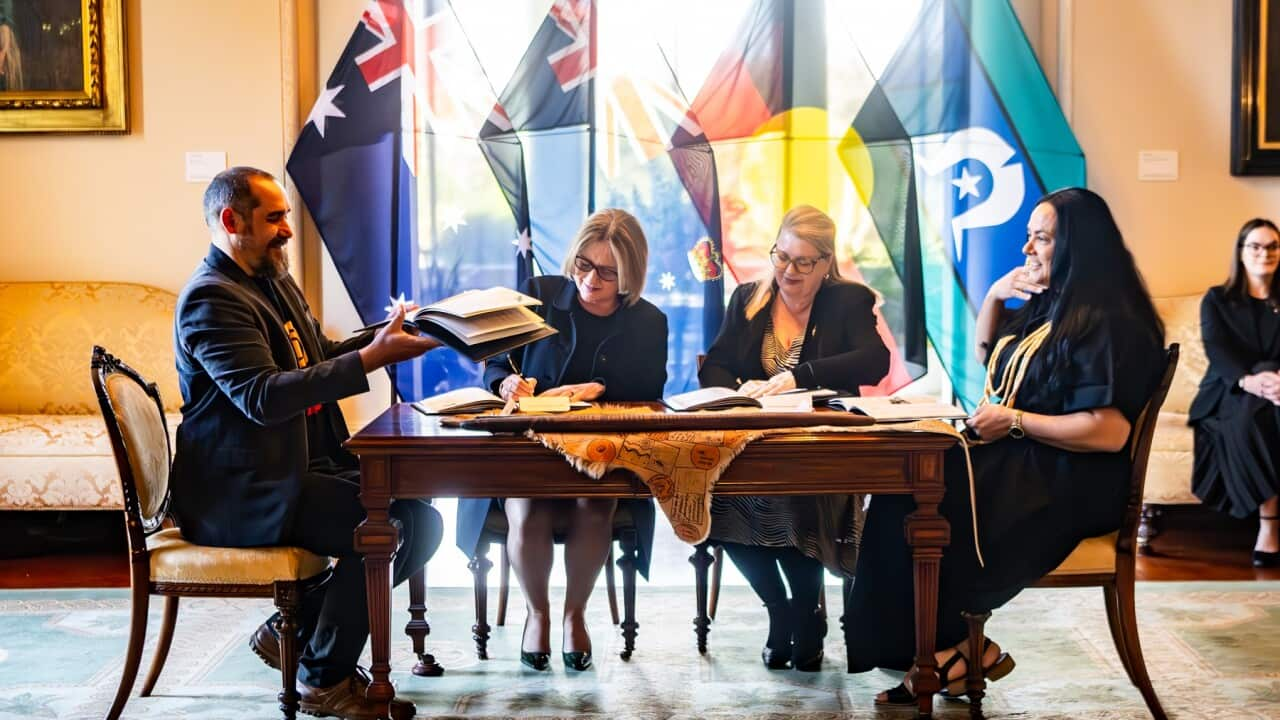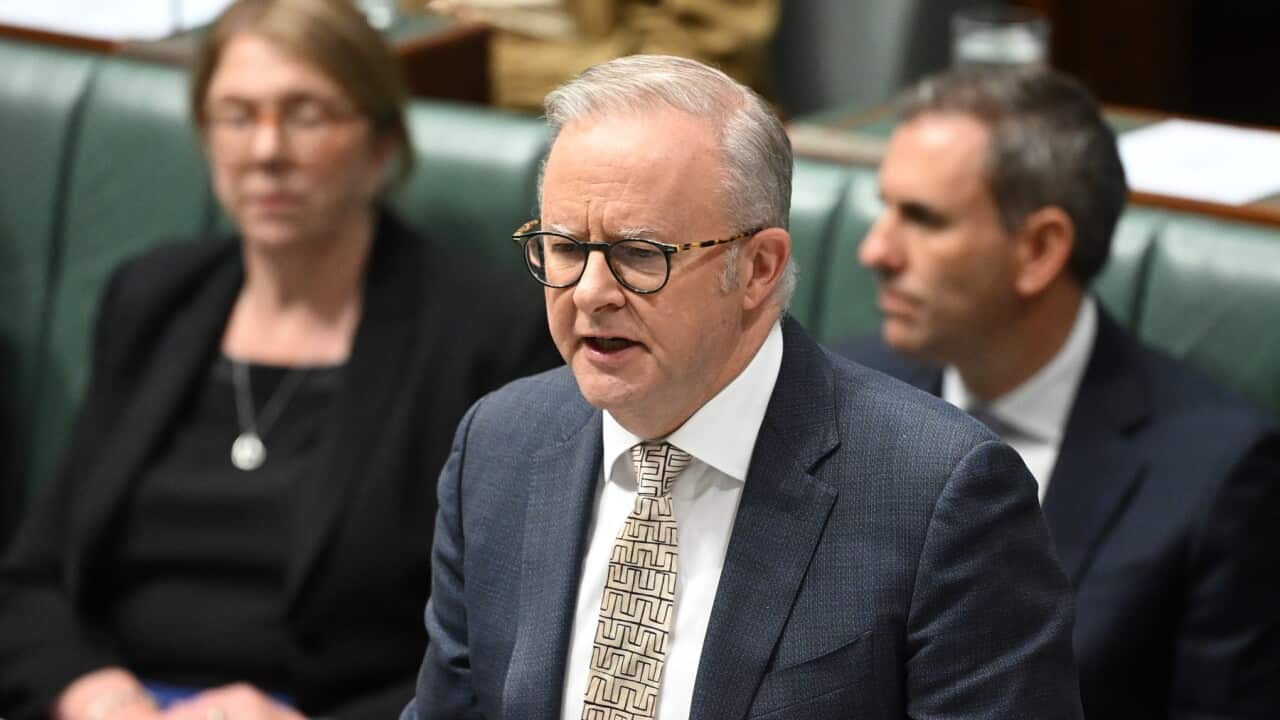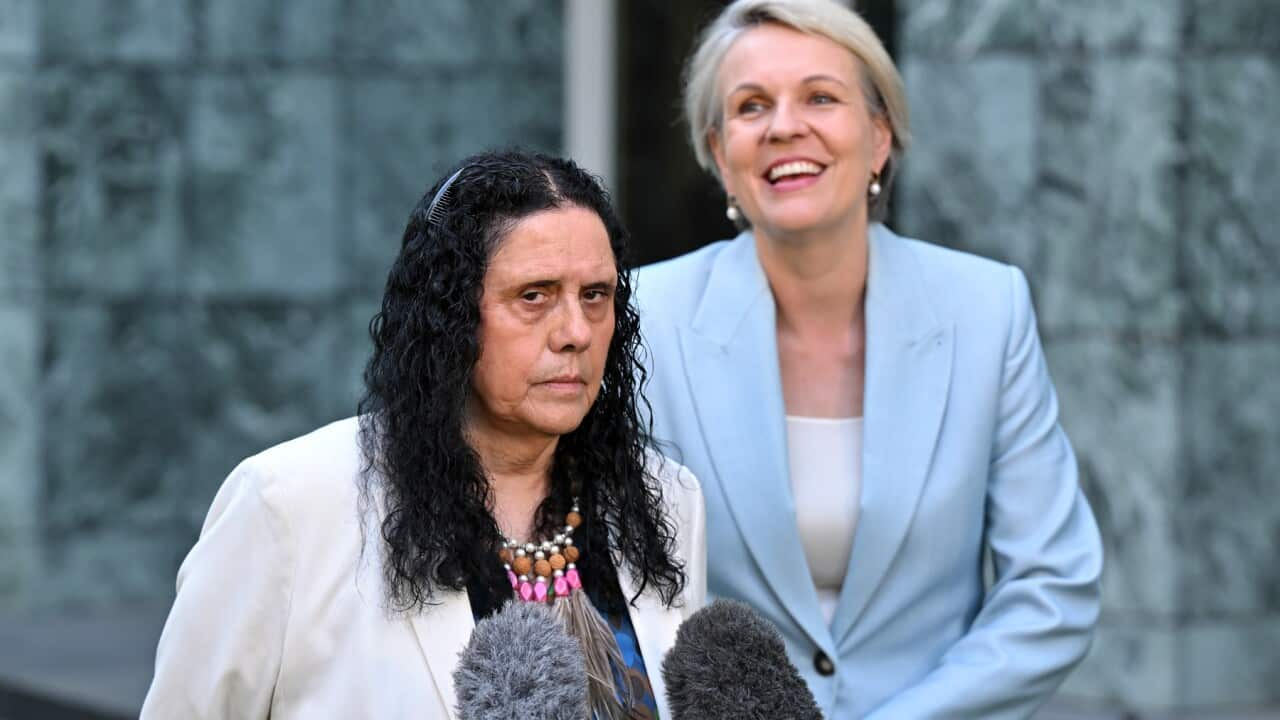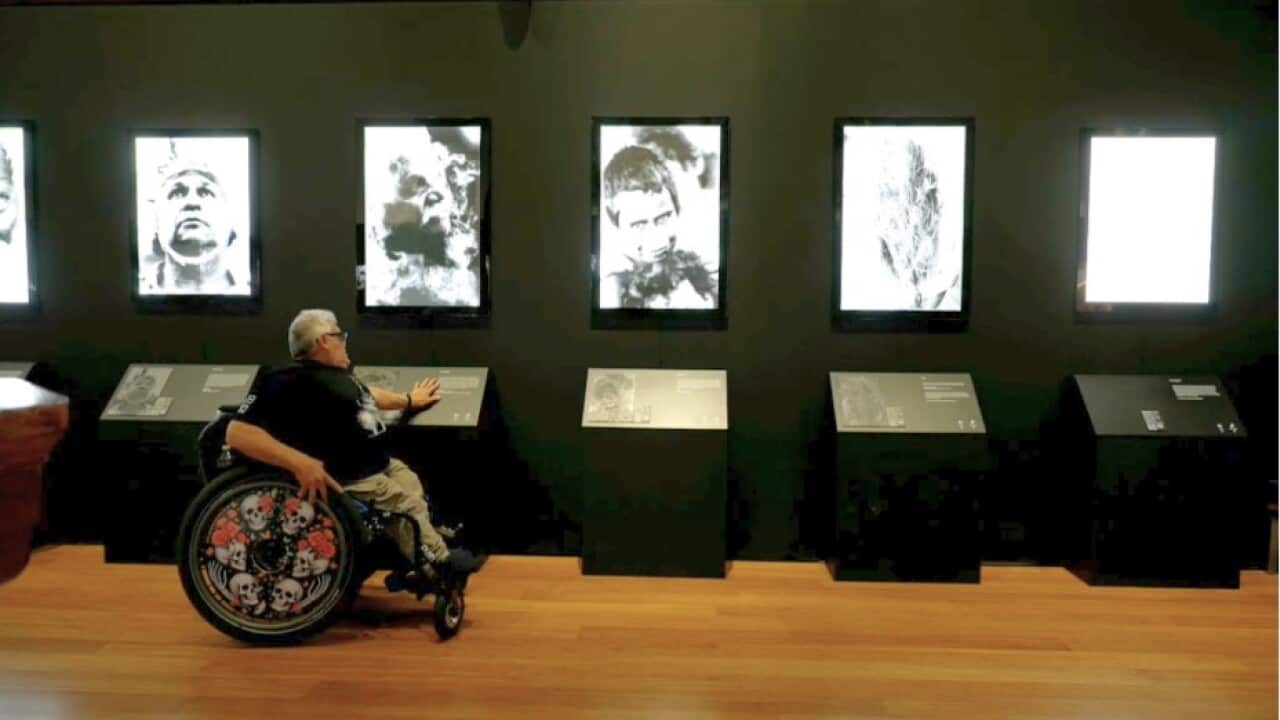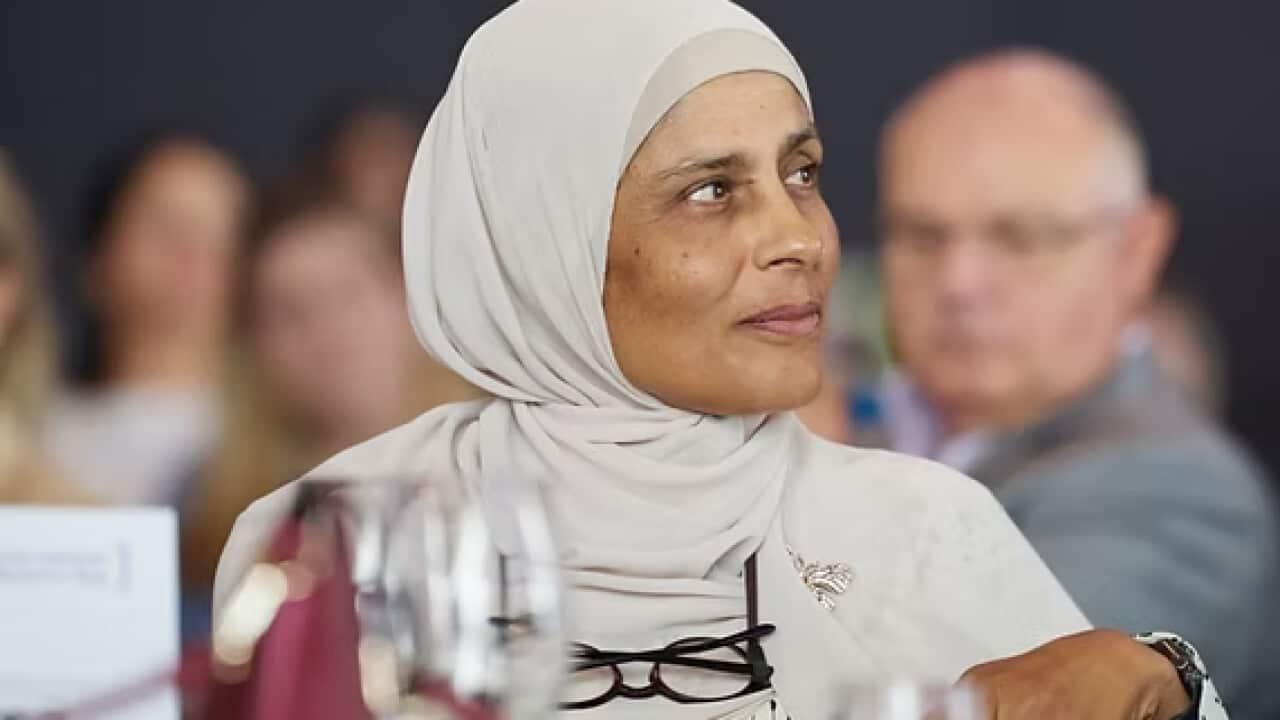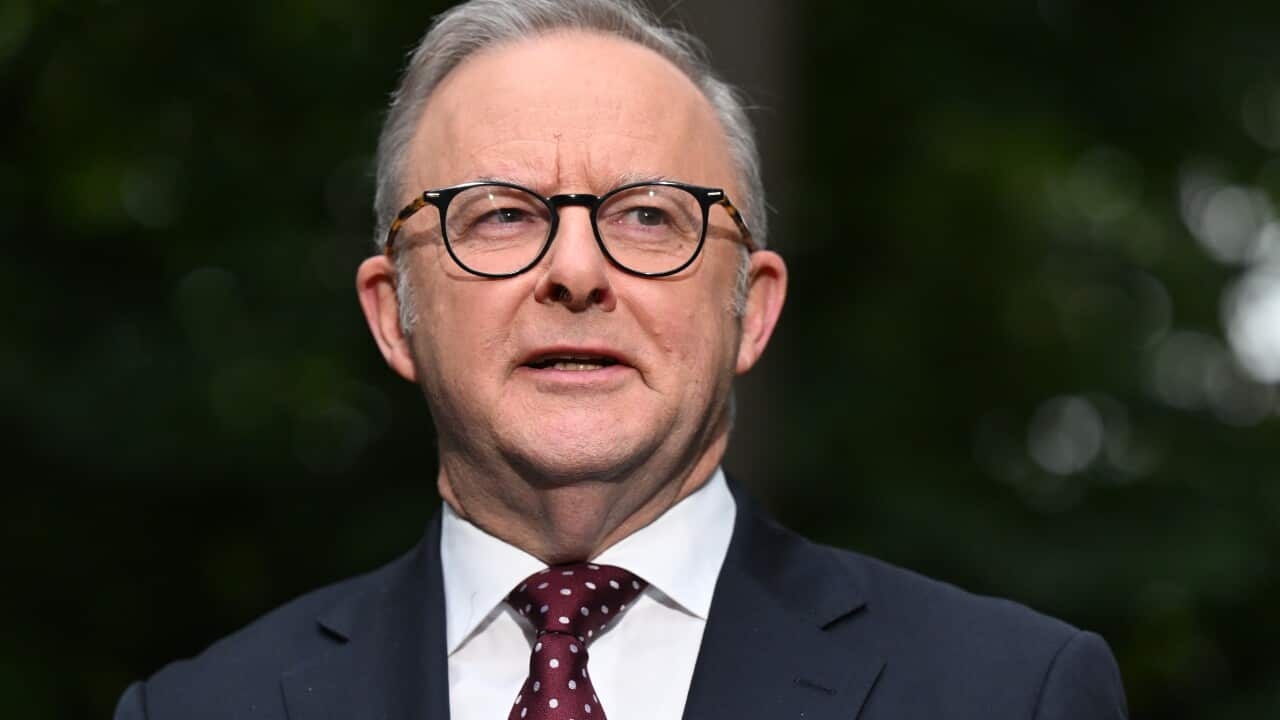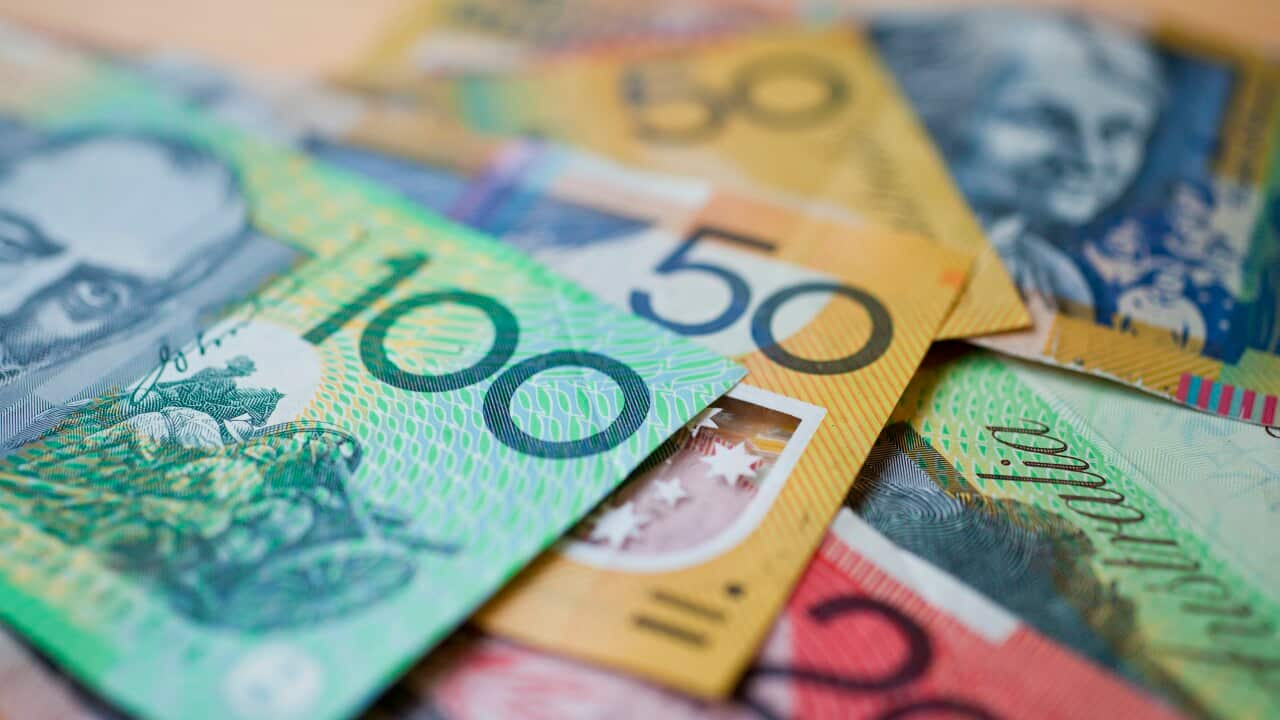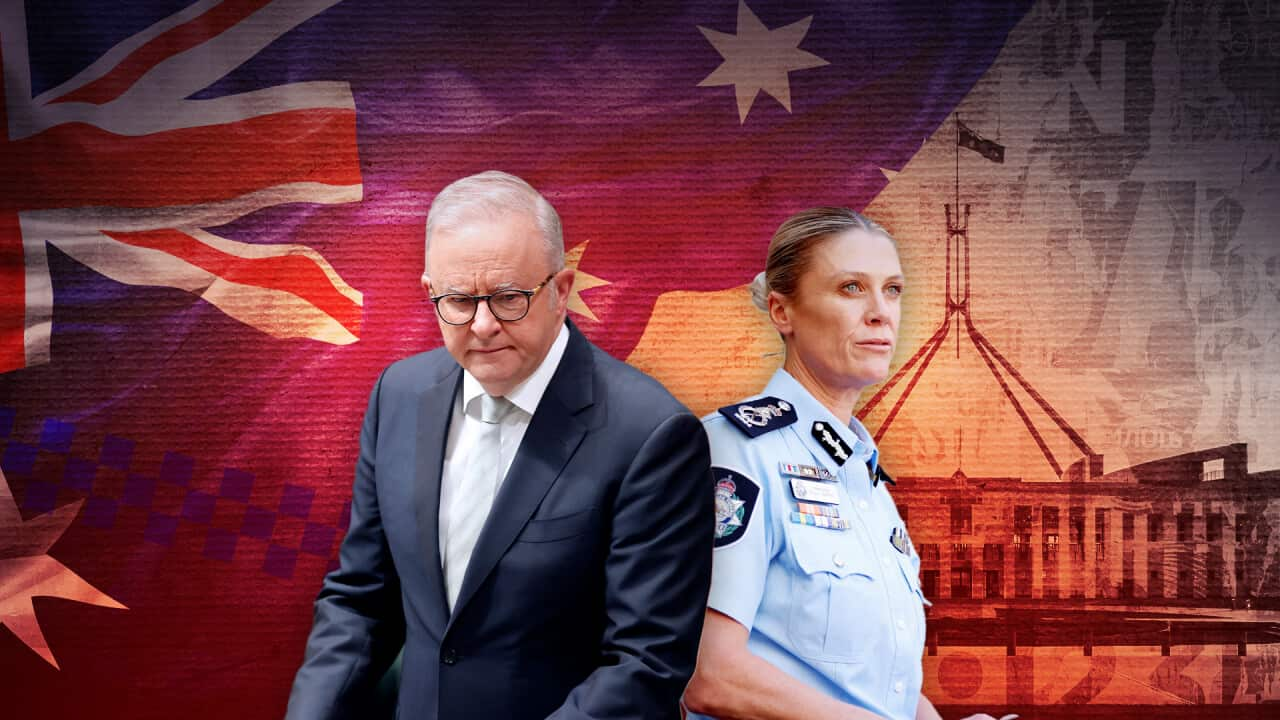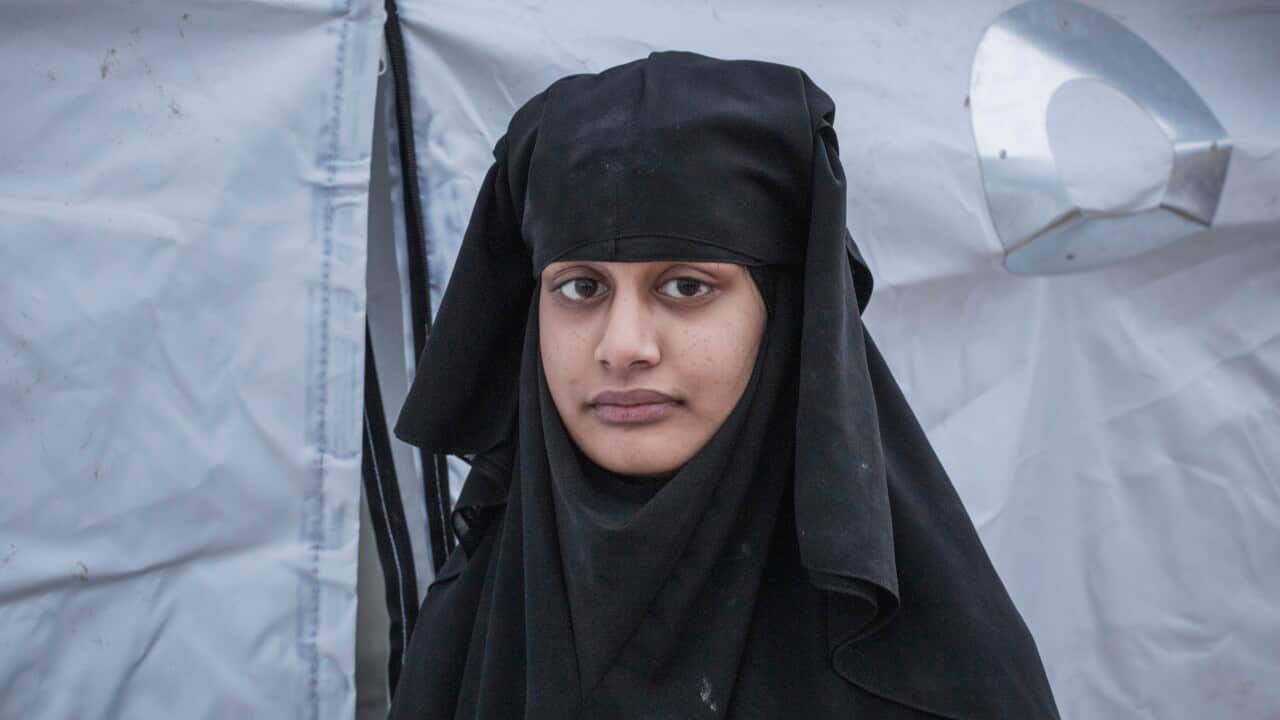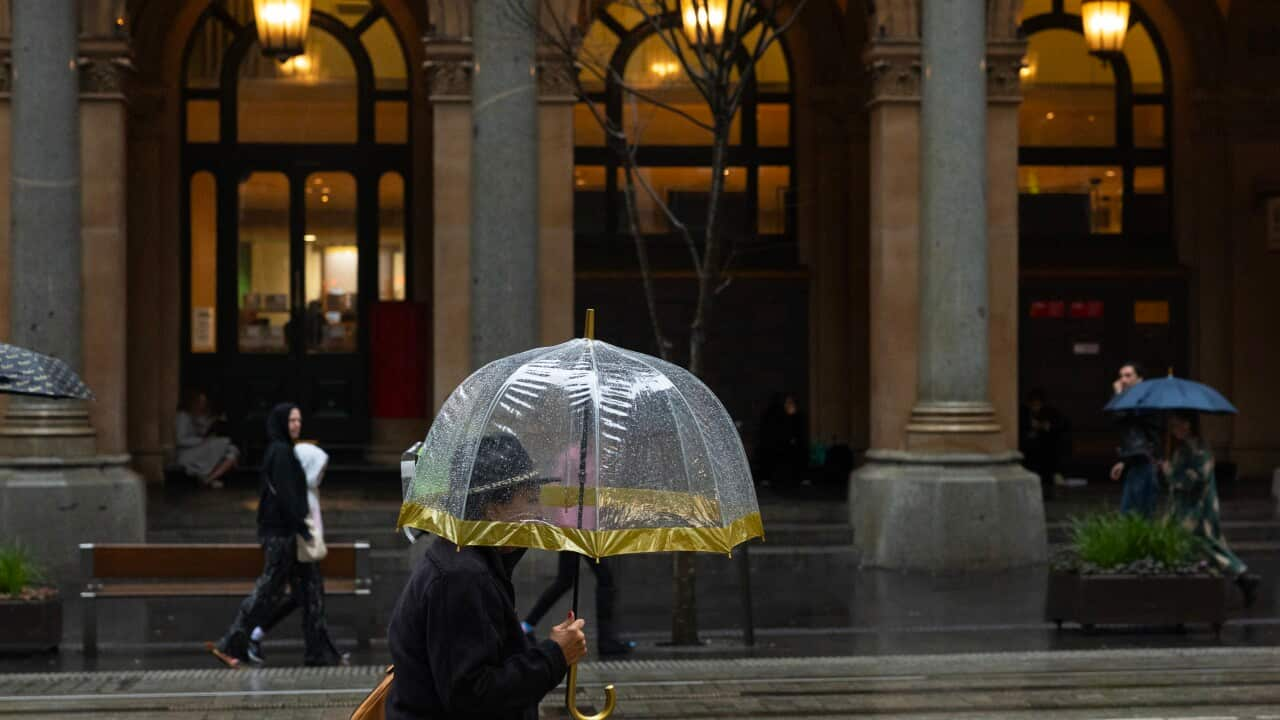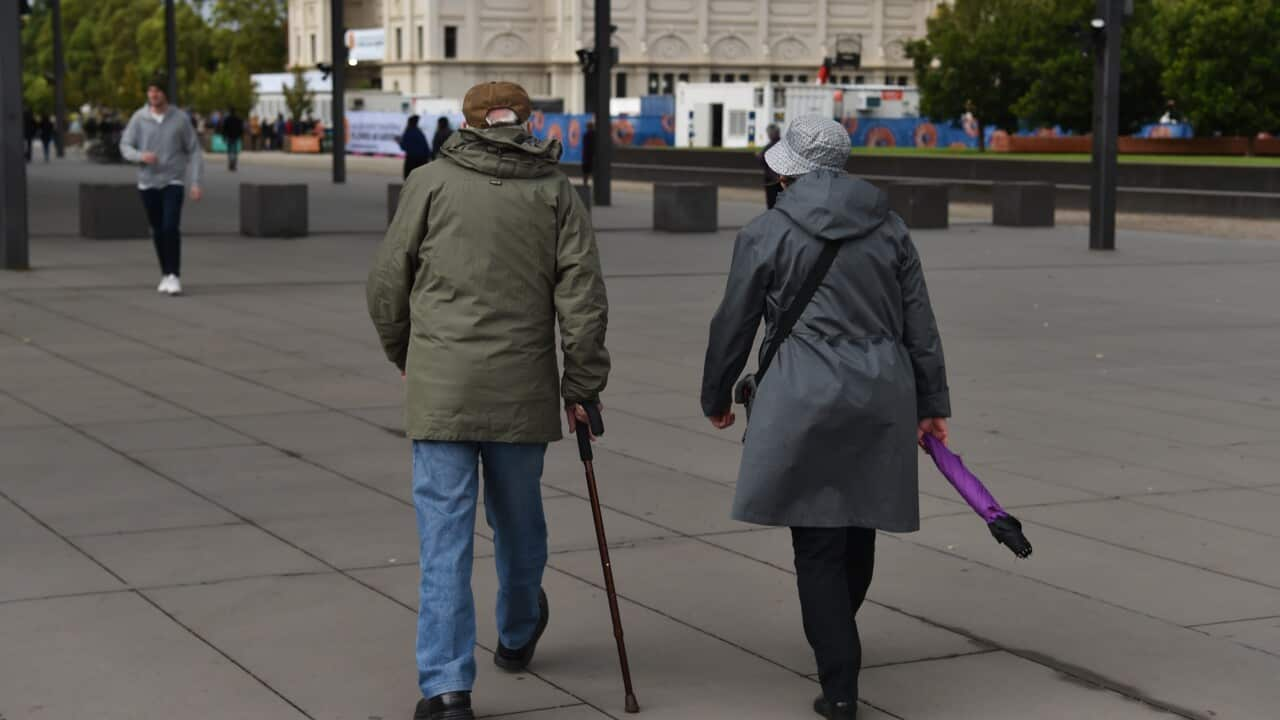Listen to Australian and world news, and follow trending topics with SBS News Podcasts.
TRANSCRIPT:
For Ngarra Murray of Victoria's First Peoples' Assembly, a treaty with Victoria is the start of a new era for her state.
"Our story, the story of First Peoples, is the very foundation of Australia's story. Now we begin the next chapter: the Treaty era. A powerful new chapter where we walk side by side as equals, strengthening our democracy and shaping our future built on fairness, healing and hope."
The legislation for the Treaty passed Victoria's upper house in October after negotiations between the government and Assembly, which followed a truth-telling inquiry exposing the mistreatment of Aboriginal people since colonisation.
The 34-page document speaks to those struggles.
It says the colony of Victoria was established without the consent, negotiation, or recognition of the Traditional Owners of these lands and waters, and that what followed was violence, destruction and dispossession.
Now, the signing of the document alongside the state's Premier and Minister for Treaty has been described as a relationship reset between the oldest living culture on earth, and the modern-day state known as Victoria.
Rueben Berg is the Victorian First Peoples' Assembly Co-Chair.
"When we sat there, Ngarra and myself, the Premier and the Minister, to my mind, we sat there as equals to sign this document. That is fundamentally what this process has been about, about recognising our equal status to be able to sit at that table."
The signing ceremony was steeped in symbolism, inside Government House, on traditional Wurundjeri and Bunurong Country.
Victoria's governor Margaret Gardner has now formally given the Treaty Bill royal assent - and it's become law.
"The Statewide Treaty Bill 2025 is now an Act of Parliament in Victoria.' *applause*
Premier Jacinta Allan has described the day as two worlds meeting in respect and equal partnership, but also acknowledged the long road for First Nations Victorians to reach this moment.
"We are only here today because of the vision, the persistence, the struggle and leadership of Aboriginal Victorians that I pay tribute to this morning."
The Treaty makes permanent the state's First Peoples' Assembly, requiring the government to consult the body when making laws affecting Aboriginal people.
The body will be elected by Aboriginal people in Victoria, independent from government and will operate from a dedicated room at Parliament House - but has no right to veto or make laws.
Rueben Berg says it also sets the groundwork for future treaties with Traditional Owners across the state.
"Words are easy. Words are cheap. But these words now, in a Treaty, in legislation, these words cannot disappear. These words will not disappear. We will activate this process. We will make sure that we deliver on these promises that are set out in this process."]]
The step towards self-determination has also been recognised by the United Nations.
Ravina Shamdasani is a spokesperson for the UN's High Commissioner for Human Rights.
"This is a very significant occasion for all Australians, and it represents a major step towards justice and equality. We hope this inspires other leaders in Australia and beyond to adopt similar measures to recognise Indigenous peoples through inclusive governance and innovative mechanisms for participation and reconciliation."
Despite those calls for other leaders to act, federal and state treaty pledges are still unfulfilled.
Leaders in Victoria meanwhile acknowledge the gravity of the task ahead.
"The concept of equality is also significant here, because we still lack that equality in terms of outcomes for our people, and that's fundamentally also what this process is about, ensuring that we can equality of outcomes for our people, that through this self-determined process we're putting in place, we'll deliver that equality for our people."
